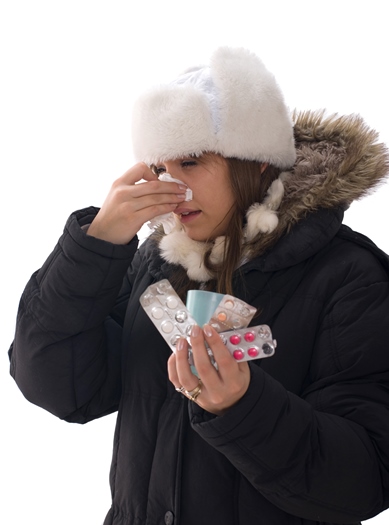High Blood Pressure? Watch Those OTC Cold Medications
 It’s cold and flu season! If you have high blood pressure, be sure to check the ingredients and warning labels on over-the-counter (OTC) remedies.
It’s cold and flu season! If you have high blood pressure, be sure to check the ingredients and warning labels on over-the-counter (OTC) remedies.
Decongestants cause the most concern for people who have high blood pressure. Decongestants relieve nasal stuffiness by narrowing blood vessels and reducing swelling in the nose. This narrowing can affect other blood vessels as well, resulting in an increase in blood pressure.
Avoid OTC cold remedies that contain decongestants like pseudoephedrine, ephedrine, phenylephrine, naphazoline and oxymetazoline. Many of these also contain high levels of sodium which also can raise blood pressure.
Choose a cold medication designed for people with high blood pressure, or talk to your physician or healthcare services that provide concierge medicine in Miami, FL about what medications are appropriate for you to relieve cold symptoms.
Which is it: Cold or Flu? Check the FACTS
The simple acronym, FACTS, can help you determine whether you have the flu instead of the common cold:
F is for Fever. Fevers are not present with colds, but are present in flu and frequently in COVID.
A is for Aches. Aches are another likely sign that your discomfort is flu-related. Colds can sometimes make you feel achy; however, flu aches and headaches are a symptom that happens immediately with the onset of flu.
C is for Chills. Chills can be the result of a fever, a symptom not associated with colds. The combination of chills and a fever is a sign that you need to see a doctor before your condition worsens. Your physician may also wish to rule out COVID exposure.
T is for Tired. Fatigue is more likely a symptom of the flu or COVID.
S is for Sneezing. Sneezing is associated with colds. Sinus congestion and cough can also be present in COVID. If mucus discharge is thick or colored, it can be indicative of a more severe cold or sinus infection.
